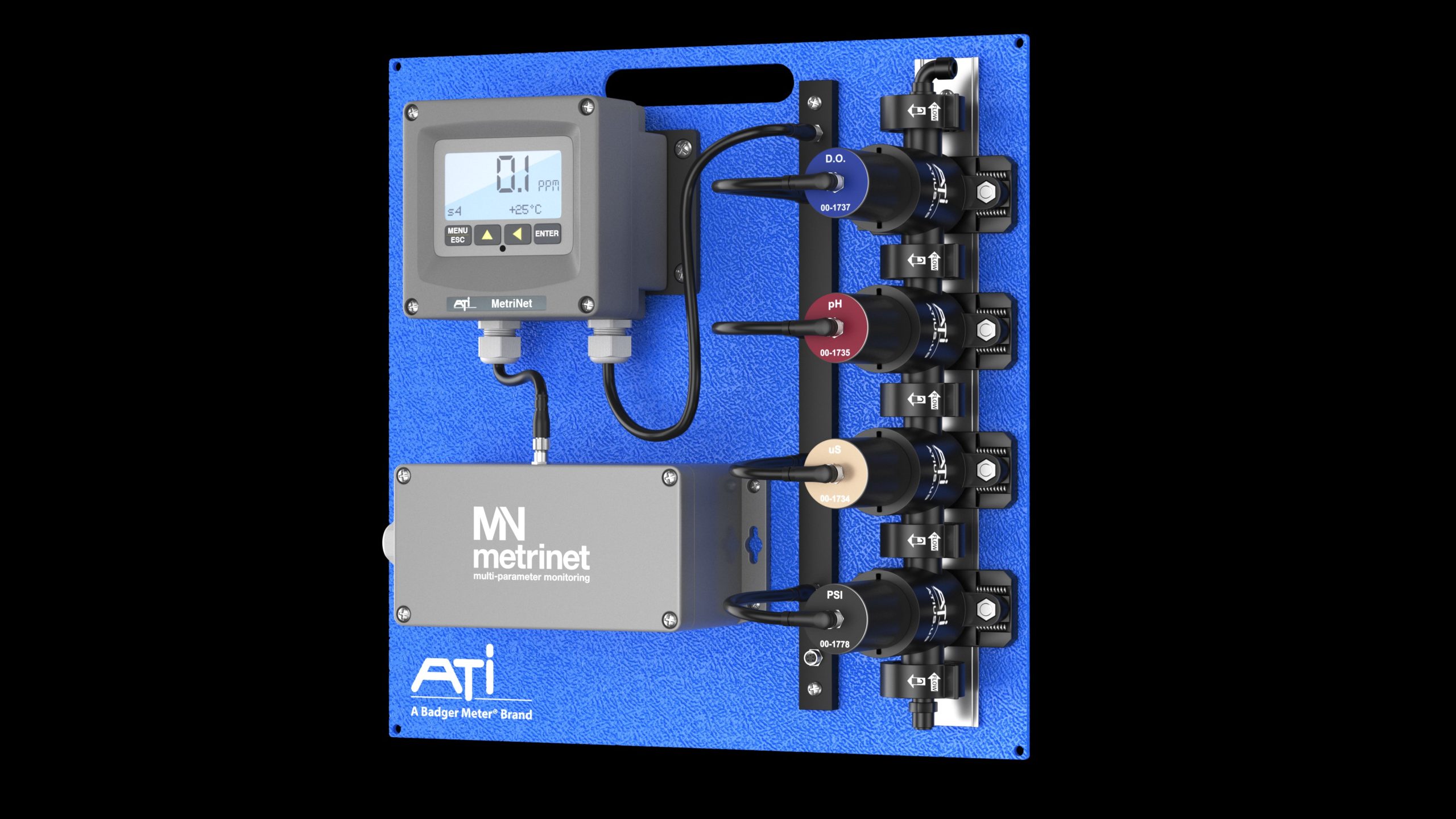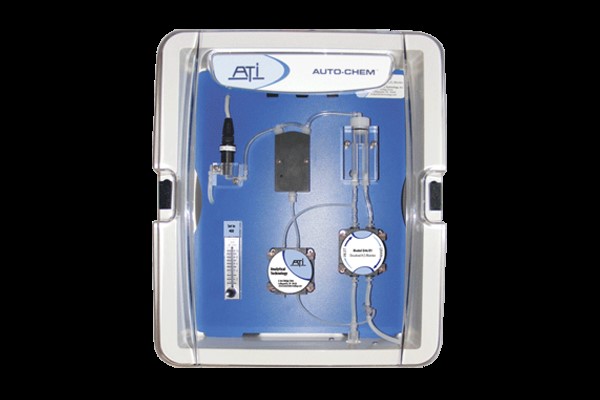
Removing the risk of corrosion in HVAC systems with water-quality monitoring
The Badger Meter range of innovative water-quality solutions helps our clients from across the globe to safeguard water quality, for the protection of people and processes. Our class-leading water-quality portfolio provides actionable intelligence for the control, management and optimisation of facilities for water safety and sustainability.
As world leaders in smart water quality, disinfection monitoring and control, Badger Meter provides pioneering smart-sensor solutions for HVAC systems.
Continuous monitoring of water quality within HVAC systems plays a vital role in ensuring the long-term health and longevity of building networks, avoiding costly repairs, replacement or downtime. Fluctuations in pressure, pH and conductivity could indicate a leak or burst, or can suggest an issue with the chemistry of the water, where the additives added to kill bugs and germs have become compromised. Monitoring safe levels of dissolved oxygen also helps to maintain system health and prevents corrosion.
Even small changes in these water-quality parameters can, over time, lead to the deterioration of the HVAC system, which, if left unidentified, will require large-scale repair or replacement. Proactively identifying changes at an early stage helps to remove the risk of corrosion, while also, potentially, avoiding health issues such as outbreaks of legionella.
The unique ATi HVAC MetriNet solution from Badger Meter is one of the only monitoring instruments that can detect these subtle changes ahead of time, preventing long-term and costly damage. Flexibility is key with this class-leading system, with its modular nature allowing unique monitoring solutions tailored for individual site requirements.
At the heart of this MetriNet solution are the industry-leading digital M-Node sensors, which are connected to the water supply using a purpose-designed ‘click-connect’ flow-cell arrangement. Through the provision of live, continuous data, the HVAC MetriNet provides a constant health check and is key to protecting the lifespan of the HVAC system and the future of the building.
Discover more about some of ATi’s HVAC MetriNet installations and how the ultra-low-powered, smart digital sensor technology offers sustainable solutions, delivering proactive management to safeguard water quality and system optimisation in a variety of applications: Removing the Risk of Corrosion in HVAC Systems
Dissolved hydrogen sulfide (H2S) monitoring in geothermal power plants and district heating networks

H2S monitoring is crucial within geothermal power plants to ensure the safety of workers and nearby communities, and to protect the air, water, soil and vegetation in the surrounding environment.
Geothermal energy is generated by tapping into the heat stored beneath the Earth’s surface and is most prolific in areas of high volcanic activity, or where there are high levels of underground sulfur deposits. Although it is a relatively clean and renewable energy source, high amounts of H2S can be released throughout the process, which causes concern because of the potential toxicity and unpleasant odour.
Geothermal energy production in the Reykjavik area of Iceland continues to increase and the Department of Environment for Reykjavik city has been measuring H2S since 2006, with levels expected to remain below 50 micrograms per cubic metre.
To ensure that the levels of H2S comply with guidelines and remain within the required levels, managers at a leading geothermal power plant turned to Badger Meter for a class-leading solution.
Developed on one of Iceland’s largest high-temperature geothermal fields, this extensive site is one of the world’s foremost geothermal power plants, producing and supplying electricity and hot water for the district heating networks to Reykjavik.
As a global leader in water-quality monitoring, Badger Meter was delighted to be able to recommend the ATi Q46S/81 Dissolved Sulfide Autochem monitor. This state-of-the-art system continually measures the amounts of H2S within the district heating water, offering peace of mind and ensuring health, safety and wellbeing for plant personnel and the people of Reykjavik, while also protecting and maintaining the natural beauty of the surrounding area for future generations.

